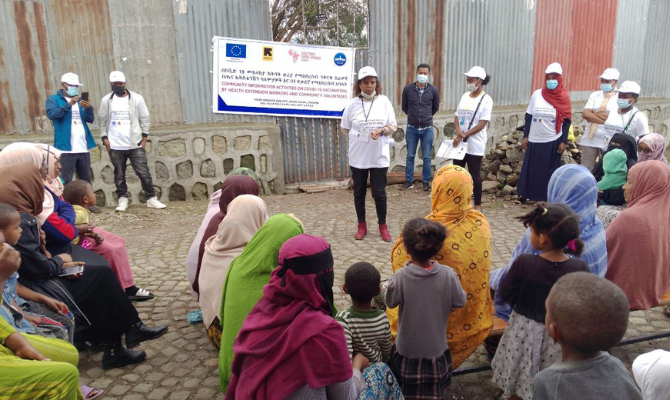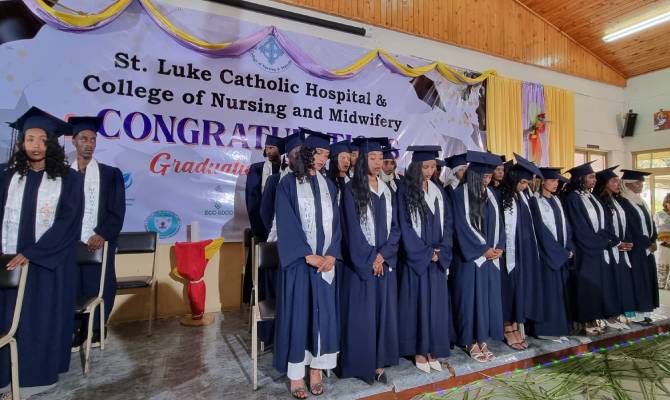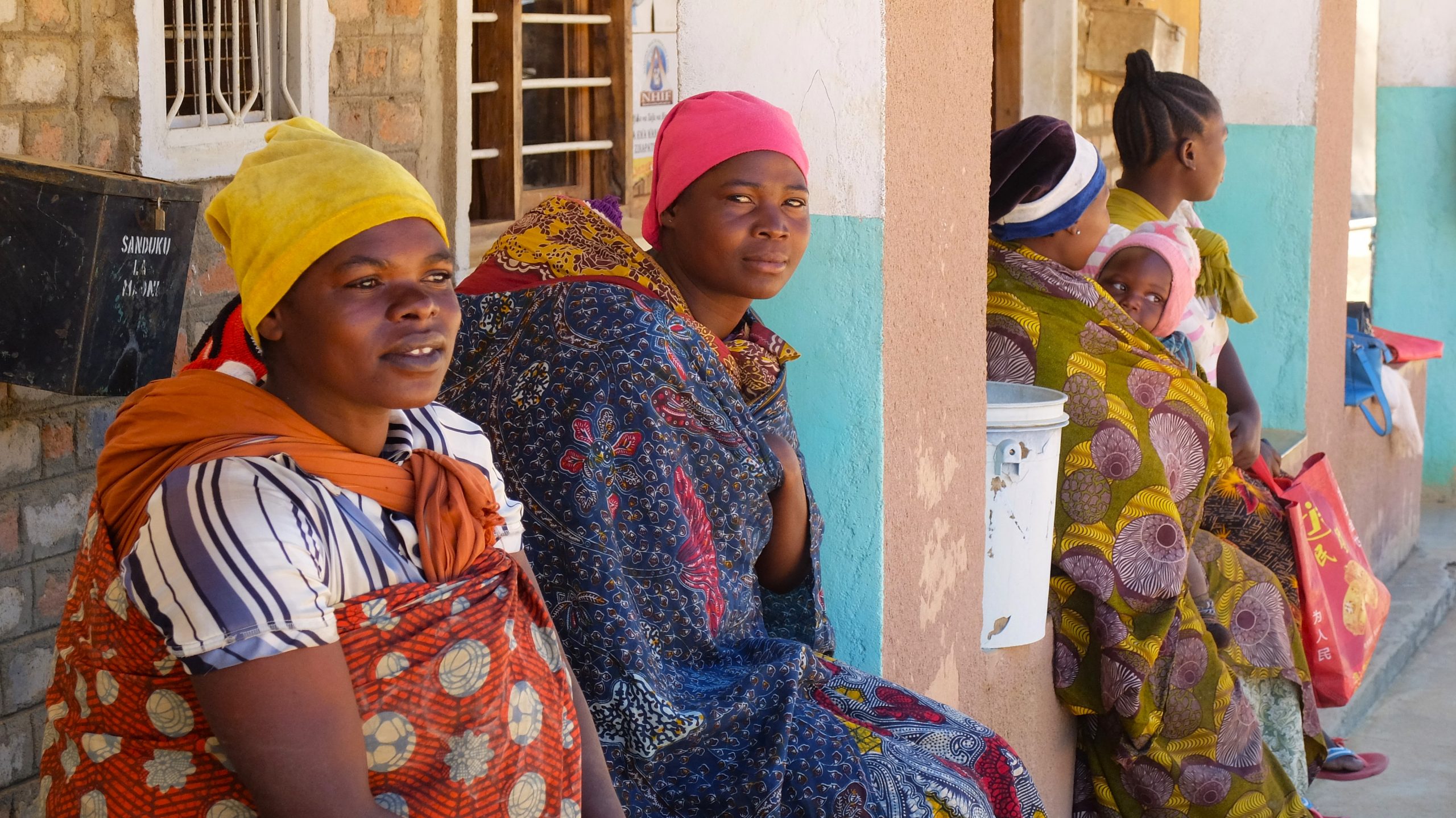495,348 cases and 7,572 deaths from Covid-19 were recorded in Ethiopia from 3 January 2020 to 20 December 2022 according to WHO data.
Addis Ababa has been identified as a high-risk area, and Doctors with Africa CUAMM has developed an emergency response intervention in Kolfe Keranyo, one of the most disaster-prone districts of the Ethiopian capital, densely populated and characterised by urban poverty and informal settlements where access to health services and primary resources such as water are limited.
The project “Support to the roll out of Covid-19 vaccination campaign in Addis Ababa”, managed by the International Rescue Committee (Irc) and financed by the EU Humanitarian Aid, covers 10 Woreda. The main objectives include raising awareness among the population about vaccination against Covid-19 through community-wide campaigns, providing logistical and financial support to the Addis Ababa administration for the vaccination campaign, and supporting the monitoring and data collection system regarding the vaccinated population.
Several strategies were implemented to reach as many people as possible with awareness-raising activities and to deconstruct false myths and fears about the Covid-19 vaccine, including the dissemination of radio messages encouraging vaccination, the production of a documentary involving mothers and pregnant women broadcast on one of the most-watched channels in Addis Ababa, and the training of medical staff. More than 220,000 people were involved, with home visits, sessions in schools, markets and busy areas. Organised community mobilisation activities, such as spreading awareness-raising messages in mini-vans, are estimated to have reached almost one million people from the beginning of June 2022 to date.
Key actors in the project were the health workers and volunteers directly involved from the Kolfe Keranyo woreda communities, who through their dedication, the training they received and their in-depth knowledge of the communities, convinced families and vulnerable people to get vaccinated against Covid-19. Many were initially hesitant, particularly because of fear and myths and false beliefs such as fear of infertility, of having thrombosis, fear of dying from the vaccine, the belief that Covid-19 does not exist or that only God can cure it, fear of social stigma, and fear that the vaccine was just a means of political instrumentalisation. The presence of workers and volunteers was key to building a bond of trust and opening a constructive dialogue with people, allowing them to feel listened to and involved, and providing information about Covid-19.
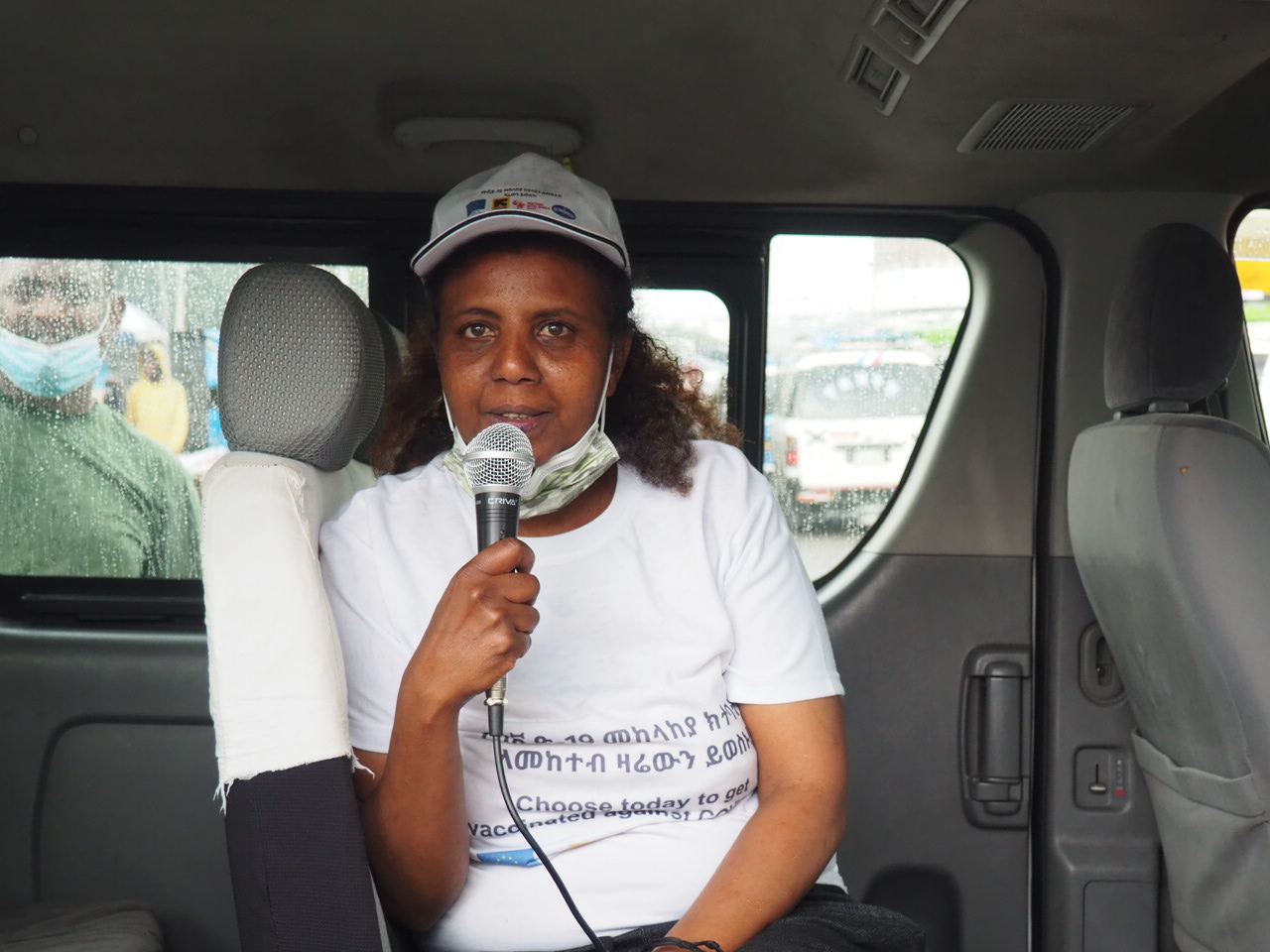
More than 50,000 vaccinated people belong to the most vulnerable groups, in particular pregnant or breastfeeding women, people with disabilities, people with chronic diseases, and people over 50. In addition to the awareness-raising work, Doctors with Africa Cuamm supported the national vaccination campaign financially and logistically by supplying medical equipment and paying the health personnel involved. The intervention therefore enabled the health centres of the Woreda involved to reach and vaccinate the intended population, changing the attitude towards pandemic prevention and control.
On 27 December, the closing event was held with the participation of the various project actors, including the authorities of Kolfe Keranyo and the financial and health department of Addis Ababa, and some of the health staff from the 10 Woredas involved. It was an opportunity for Ademe Tsegaye, coordinator of Cuamm programmes in Ethiopia, and Teklu Mulugeta, in charge of monitoring and evaluation, to talk about the results achieved, the challenges faced, the unforeseen events managed and lessons learnt, also with a view to improving the management of future interventions. A daily commitment ‘with’ the communities, which this time, as always, was possible thanks to the solid and continuous collaboration with local authorities and institutions.
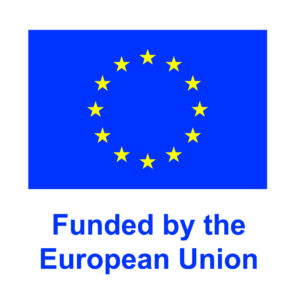
This document covers humanitarian aid activities implemented with the financial assistance of the European Union. The views expressed herein should not be taken, in any way, to reflect the official opinion of the European Union, and the European Commission is not responsible for any use that may be made of the information it contains.

